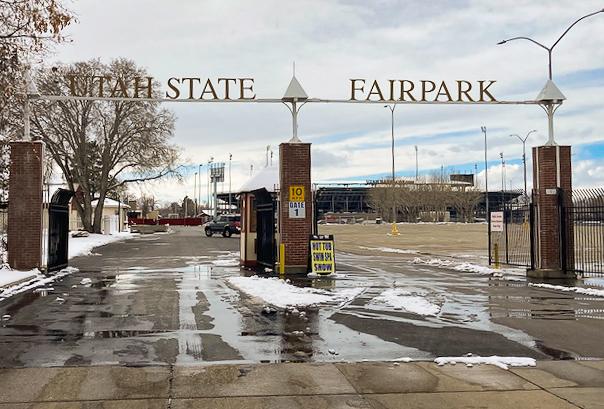SALT LAKE CITY—Local and state governments across the United States continue to dip into public funds to build or subsidize private sports venues, even as more than 130 studies compiled over decades confirm that the use of those coffers rarely produces the promised return on investment for taxpayers.
The latest: The Utah Legislature in Salt Lake City, during its 45-day 2024 session that concluded on March 2, agreed to kick in nearly $2 billion in public funding in public-private redevelopment projects to build a National Hockey League (NHL) arena and Major League Baseball (MLB) stadium.





